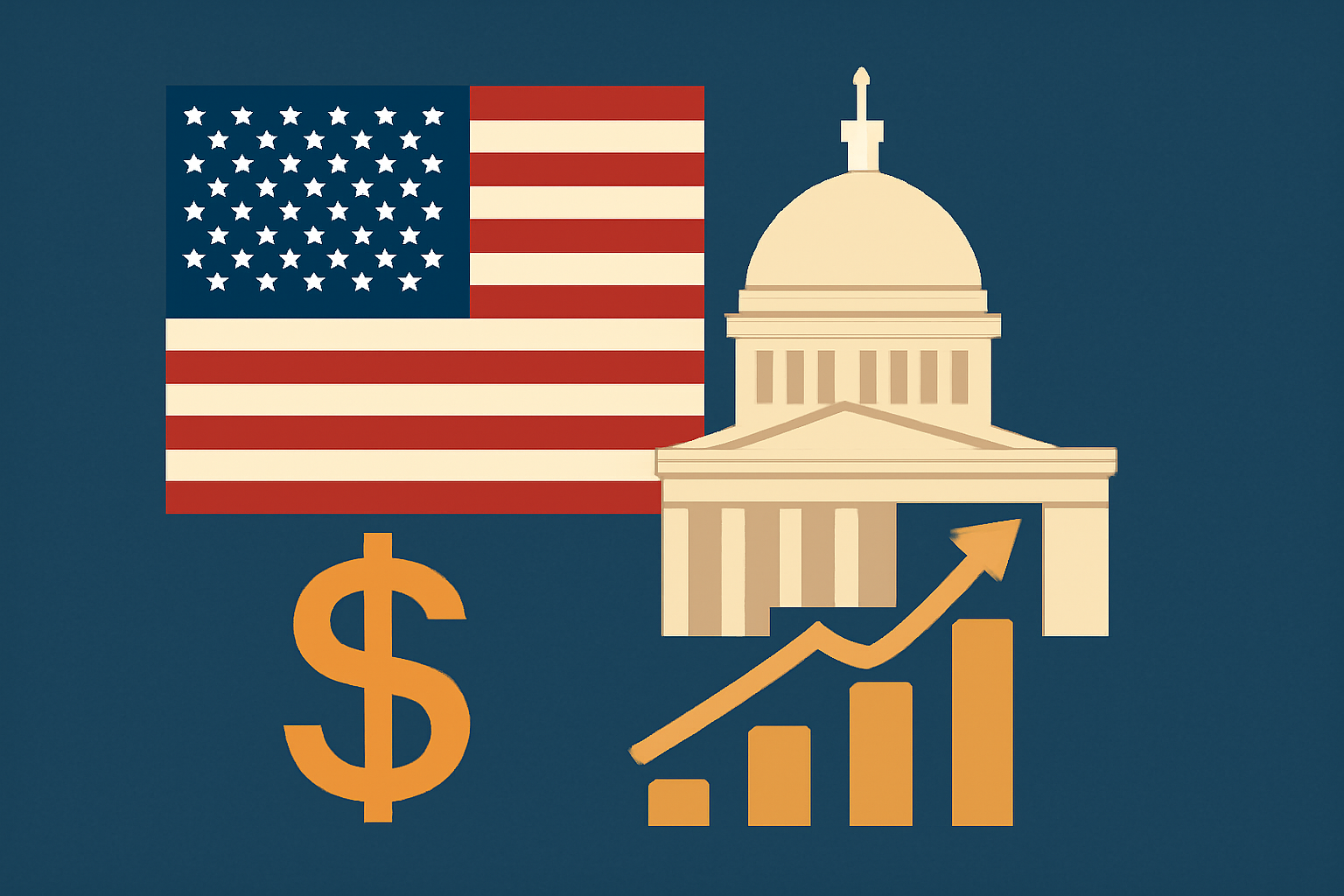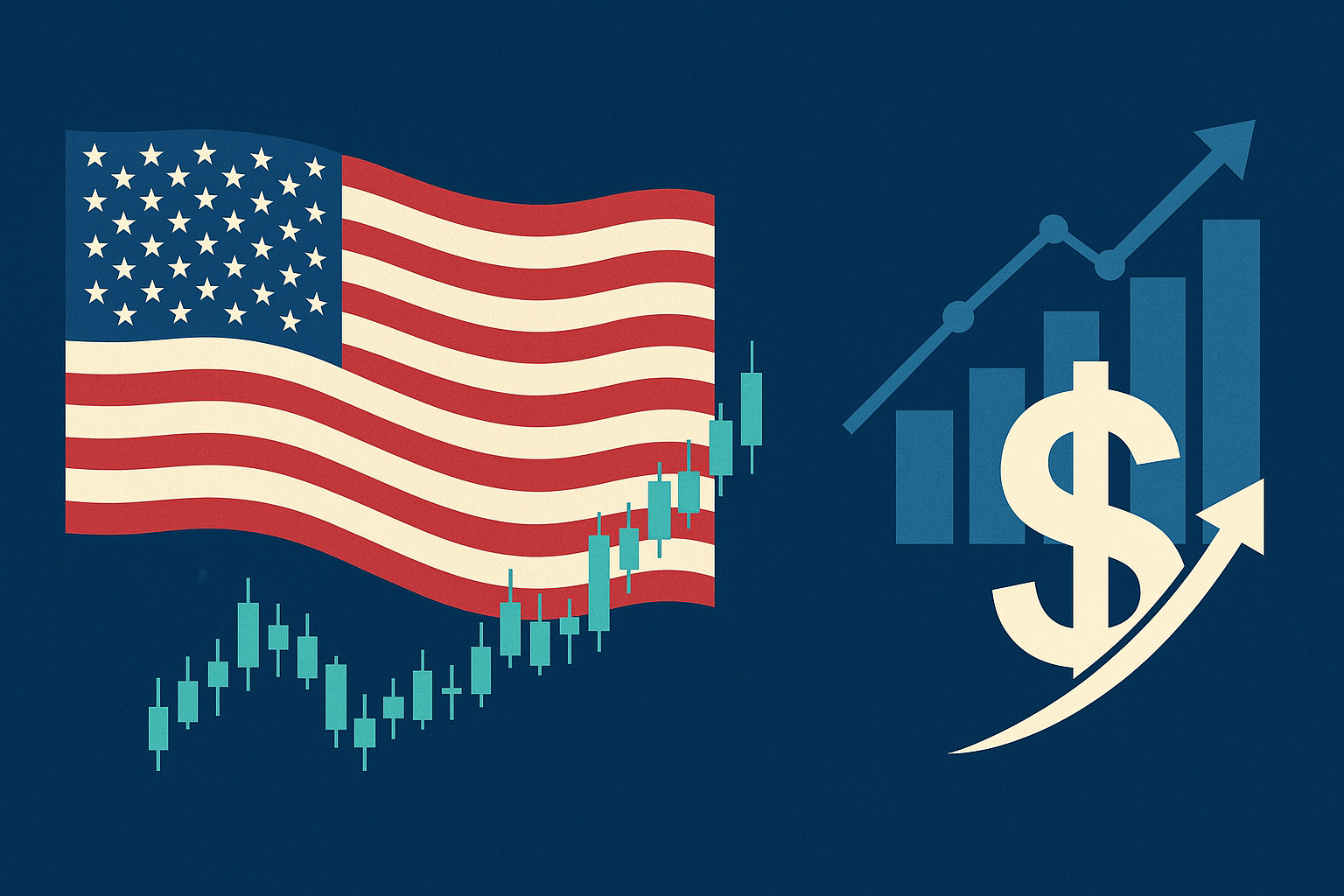For decades, the 60/40 portfolio — 60% equities and 40% bonds — has been the gold standard of balanced investing. But as artificial intelligence reshapes markets and macroeconomic headwinds cloud traditional assets, investors are moving capital toward private markets to find diversification, resilience, and alpha.
Increased volatility in public equities, persistent inflation, and rising rates have dampened the performance of conventional strategies. Meanwhile, AI-powered asset management, private equity, and credit funds are emerging as attractive alternatives for those willing to accept illiquidity in exchange for stronger return potential.
According to The Australian, a wave of institutional and high-net-worth investors are reallocating towards private equity, private credit, and AI-driven private market platforms, sparking a structural shift in portfolio construction.
The 60/40 Strain and the Rise of Alternatives
Over the past two years, the once-reliable 60/40 mix has underperformed expectations. Bonds have failed to hedge equity drawdowns due to the aggressive tightening cycle by central banks. In 2022 alone, the traditional portfolio posted its worst returns since 2008, according to BlackRock’s Global Investment Outlook.
Meanwhile, AI is enabling new levels of data-driven alpha generation across alternative markets. Firms like Blackstone, Apollo Global Management, and TPG are increasingly leveraging AI tools for deal screening, credit risk assessment, and operational improvements within portfolio companies.
Private market assets under management globally reached $13.1 trillion in 2023, and McKinsey projects this figure to surpass $20 trillion by 2027, driven by demand for bespoke investment vehicles and uncorrelated returns.
Why This Matters for Investors
This paradigm shift reflects deeper investor psychology: resilience and precision are now more valued than broad exposure. In volatile times, traditional beta plays take a backseat to alternative investments offering more control, customization, and data-informed edge.
Private credit, for example, provides access to floating-rate returns insulated from interest rate risk — a compelling feature in today’s rate-sensitive environment. Similarly, venture capital and growth equity funds focused on AI startups offer exposure to disruptive technologies not yet available on public markets.
According to Preqin, AI-related private market funds grew by over 250% between 2020 and 2024, with more than $30 billion raised globally in the past 12 months alone.
Future Trends to Watch
- AI-Powered Fund Managers: The next generation of asset managers are building portfolios driven by machine learning, natural language processing, and predictive analytics. This could redefine alpha generation and operational efficiency across private capital markets.
- Democratization of Access: Platforms like Moonfare, Yieldstreet, and CAIS are enabling accredited investors to access private equity and credit opportunities with lower minimums and shorter lock-up periods, expanding the investor base.
- Tokenization of Private Assets: With blockchain-backed asset tokenization gaining traction, fractional ownership of private market investments may become mainstream — enhancing liquidity and transparency.
- AI Governance and Due Diligence: As AI tools are increasingly embedded in investment processes, new compliance, transparency, and ethical frameworks will be necessary to assess how algorithms shape deal decisions and outcomes.
Key Investment Insight
Investors should consider complementing traditional portfolios with carefully selected private market vehicles — especially those integrating AI-driven analytics. Sectors such as AI-focused venture capital, private credit, and data-informed secondary markets are poised for significant growth.
That said, liquidity constraints, longer time horizons, and valuation opacity mean these assets are not for everyone. A clear understanding of one’s risk tolerance, time horizon, and need for access to capital is critical before allocating to private markets.
For investors willing to do the due diligence — or partner with firms that do — the AI-driven private market may represent one of the most compelling opportunities of the next decade.
Stay informed on emerging trends, disruptive technologies, and smarter portfolio strategies. Follow MoneyNews.Today for daily insights shaping the future of investing.





